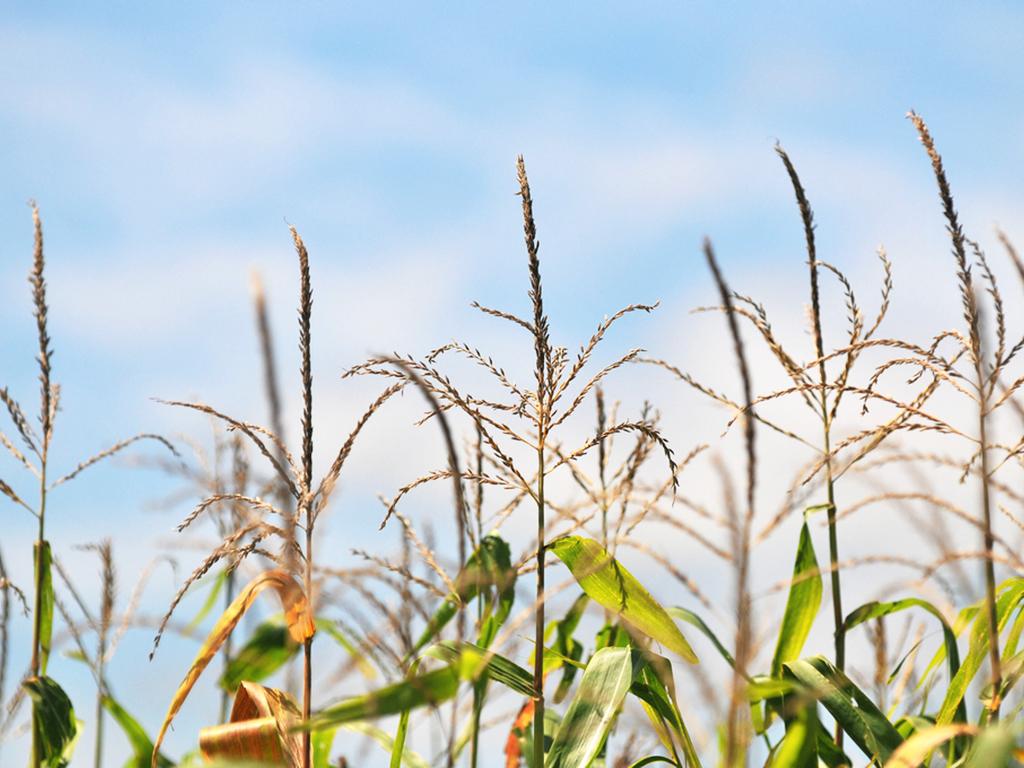3 Mins Read
The concept of eating organic foods is not a new one, and nary a week goes by without another news article on the topic. Yet, despite all the information out there, there is still a great of misunderstanding about organic food. Before deciding to go for organic food or conventional food, it might be a good idea to first understand some of the arguments surrounding organic food. Note: in this piece, we refer specifically to plants. Organic crops are ones that “produced without using most conventional pesticides, fertilizers made with synthetic ingredients or sewage sludge, bioengineering or ionizing radiation, ” according the US Department of Agriculture definition. But why is choosing organic important?
- While large-scale modern farming produces cheaper food, it also comes with a host of health and ethical problems such as monocropping, air pollution and soil mineral depletion. For example, petroleum-based fertilizers give crops the nitrogen they need for rapid growth, but these nitrogen compounds then enter the earth’s atmosphere. The high prevalence of nitrogen in our air is linked to climate change. With huge changes in our weather patterns will come changes in the way we grow our food- we will need to adapt. Since organic crops must be grown in safe soil, have no genetic modifications, and must remain separate from conventional products, they offer a much safer solution.
- Not to mention the risk to farmers! Studies have shown that conventional farmers are at a higher risk of getting cancer than non-farmers because fertilizers and chemicals are usually airborne and farmers are exposed to large quantities of chemicals without protection. Many of these farmers are not even aware of the risks they are facing every day. We desperately need our farmers to be healthy- they grow all our food! Organic farming principles mandate the importance of farmer safety.
- Organic farming practices promote biological diversity and are designed to encourage soil & water conservation and reduce pollution- the key example here is bees. Honey bee populations, whom we rely on to pollinate plants for our consumption, are being killed off in large swaths by pesticides. This has become a huge global issue as bees are vital players in our food chain. Organic farming practices are predicated on protecting all animal and plant species– they are a much healthier and kinder alternative to the massive industrialization seen in conventional farming.
- Organic foods contain lower levels of toxic metals such as cadmium and pesticide residues. Conventional produce can have high levels of cadmium, a highly toxic heavy metal that has been shown to cause kidney failure and liver damage. It is one of only three toxic metal contaminants (the other two being lead and mercury) for which the European Commission has set maximum residue levels in foods. Roundup, the most commonly used weedkiller pesticide in the world, has very recently been officially linked to cancer by none other than the United Nations World Health Organization.
- Organic foods are also contain more minerals and other healthy chemicals than conventional foods. Pound for pound, or kilo for kilo, organic foods offer a significantly higher dose of nutrients, including minerals and vitamins, than their conventional counterpart. One of the biggest issues in nutrition today is the fact that many of us don’t get enough nutrients from our diet- many of our calories are empty, even when we are eating fruits and vegetables, as the latter are grown in nutrient-poor soil. Eating organic foods can address this.
Next week, we continue with Part 2: The Pros & Cons Of Choosing Organic.
This post was co-authored by Michelle Lau, a qualified nutritionist. Follow her nutrition & healthy eating instagram page.
Photo Credit: Probando (Weatherly 620 B) via photopin (license), Bolivia_maize4 via photopin (license) and Clagett Farm CSA 2008 Week 16 via photopin (license).







